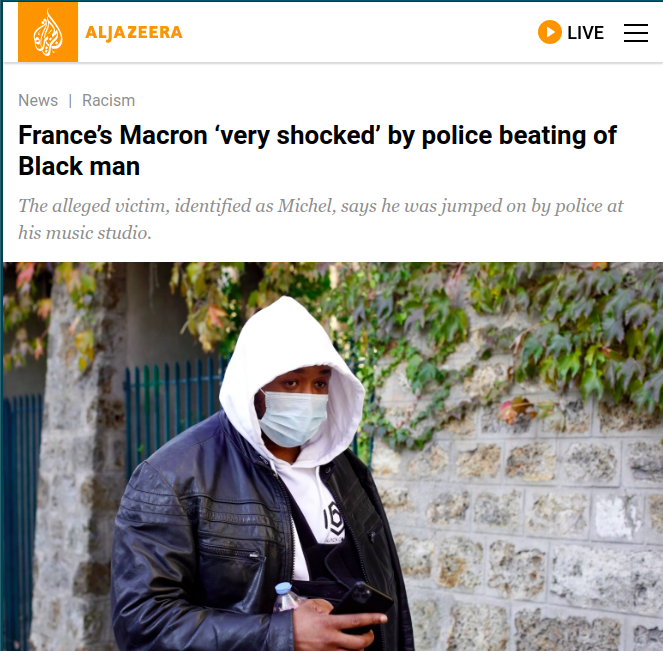When previous internet privacy scandals hit—from the Apple dispute with the FBI to Edward Snowden’s NSA leaks and even to obscure data gathering provisions in anti-piracy laws—groups like the Electronic Frontier Foundation had been out on the cyber-barricades, piling up the e-tires and setting them ablaze with memes and gifs. They organized online protests, website blackouts, digital strikes, cyber pickets, and even physical rallies: you name it, they did it all. And that made sense. Because EFF’s leaders, together with their digital-rights comrades shoring up the bulwarks of civil society as we know it, were supposed to be go-to defenders of the people on the internet. They were professional activists, attorneys, and technologists who did the hard, thankless work of keeping the internet free and democratic.
And yet something broke down with the Facebook-Cambridge Analytica scandal. On paper, this controversy looked to be a dream organizing opportunity for EFF and its allies. Here was a Silicon Valley giant using its platform to spy on Americans and subvert the workings of our democracy. EFF should have been leading the charge. And yet in what was arguably the greatest public dispute concerning the planet’s largest social networking platform, EFF was AWOL—nowhere to be found. As I continued scanning the privacy group’s website in the weeks after Mark Zuckerberg’s appearance on Capitol Hill, all the advice it offered to irate and concerned Netizens seeking to preserve their privacy on Facebook were pro forma notifications telling them to opt out of platform API sharing and download EFF’s Privacy Badger ad blocker extension for Chrome—a browser made by Google, a Silicon Valley surveillance giant.
The silence of digital advocacy groups was deafening, and even insiders began to question their motives. April Glaser, a Slate tech reporter who had previously worked at EFF, penned a heartfelt appeal for EFF and other tech watchdogs to do something—anything—to protect the American people from Silicon Valley surveillance. “Privacy advocates know how to build coalitions and campaigns. They know how to make demands, and they know how to hatch an action agenda fast,” she wrote. “But it didn’t happen over the March weekend that the Cambridge Analytica news broke.” She wondered why the normally spunky and combative advocacy groups—groups that she admired and worked for—were sitting on the sidelines. “If the people whose job it is to care about digital privacy can’t be bothered to push for laws to regulate how Facebook treats the data we give it,” she wrote, “why should Congress?”

Unfortunately, yeah. There never is. Unless they edited it out.